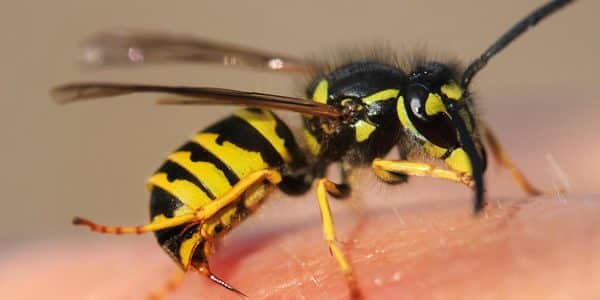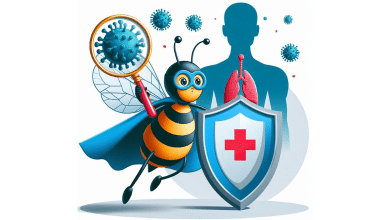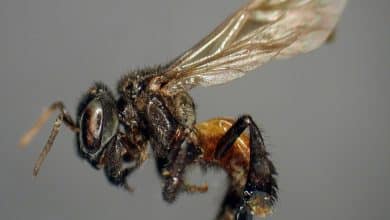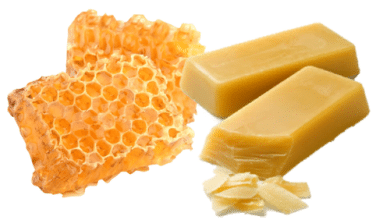What is propolis? What are the Benefits of Propolis and How to use?

What is Propolis?

Did you realize that bees produce more than just honey? In the sap and tree trunk streams found in the leaves of coniferous trees and/or evergreen trees, bees additionally make a substance known as propolis with resin and other ingredients (Benefits of trees). Bee glue, a sticky, greenish-brown substance created by the fusion of the stem material, their own currents, and wax, is utilized to construct, safeguard, and seal the holes.
What is the Content of Propolis? What are the Contents?
Propolis can contain a variety of different substances based on the location of the bees, the plants and flowers they have access to, the season, and even the hive. For instance, propolis from Brazil’s rainforest beehives won’t have the same chemical composition as propolis from Turkey’s Anzer plateau. Researchers may find it challenging to make broad generalizations regarding the health advantages as a result. Because the propolis will differ and have various effects, just like the honey from the two places will differ.
When human-made filler compounds are not available from natural sources or when gathering them is more challenging, worker bees can even harvest a variety of these compounds. The characteristics of propolis are influenced by the food sources each hive uses.
What are the Benefits of Propolis?

-
Eliminates viruses and bacteria
Bees fill the hive openings and difficulty spots with propolis to stop the spread of dangerous parasites and protect the hive from germs.
When applied topically or consumed, propolis can eliminate dangerous bacteria, viruses, fungus, and parasites. Propolis appeared to boost the effectiveness of antibiotic, antifungal, and antiviral medications in a mouse research. By preventing them from proliferating and making duplicates of themselves, propolis can kill microorganisms.
-
It acts as an antioxidant.
Propolis has been shown to have antioxidant properties in numerous research. Bee propolis contains antioxidants that are produced by the metabolism of plant materials and by the plants themselves.
-
Could Aid Type 2 Diabetes
Propolis can lower high blood sugar levels in Type 2 diabetes and help control it by improving blood sugar control, according to several human and animal research.
-
combats fungus and yeast infections
By preventing fungus from colonizing the body, propolis has been discovered to combat fungi that cause fungal infections and other fungi.
-
Propolis Could Reduce Blood Pressure
Research has shown that propolis reduces heart damage by inhibiting an enzyme (such as tyrosine hydroxylase) that raises blood pressure and slightly decreases it.
-
Possible Aid for Allergies
The most common allergic conditions include eczema, asthma, and seasonal allergies. Propolis was proven to prevent the production of histamine and alleviate allergy nasal symptoms in a study using experimental animals.
-
beneficial for tonsillitis (tonsillitis)
It has anti-viral, anti-bacterial, and anti-inflammatory effects. Propolis can be applied topically to reduce tonsillitis-related discomfort and edema.
-
Propolis Could Defend the Liver
By avoiding liver scarring, it can defend the liver against damage brought on by alcohol and lower the likelihood of developing liver disease.
-
Helps Heal Wounds
By spurring the formation of skin cells, propolis supplementation can accelerate the healing of wounds. In this method, it is possible to guarantee that the wounds heal more quickly.
-
Might Enhance Bone Health
Propolis can maintain bone health and strength, particularly by boosting bone density following damage. An active propolis ingredient was discovered to promote the growth of new bone in a rat study. There is a high likelihood that people will experience a similar outcome. Studies in the sciences should demonstrate this.
Uses for Propolis

Depending on the health issue or other needs, we can apply it to our bodies or chew it in raw form. However, it is beneficial to seek advice from a medical expert, preferably a doctor. The products made from propolis sold in stores, such as drops, toothpaste, etc., are the easiest to use. Consumption of products should be done responsibly.








2 Comments